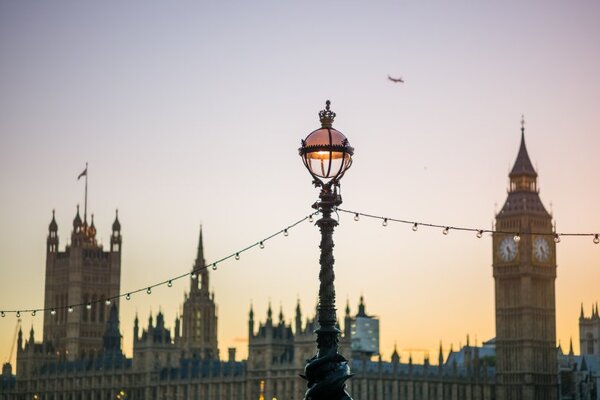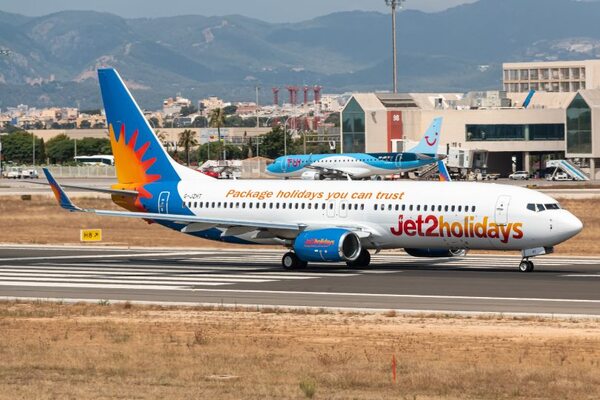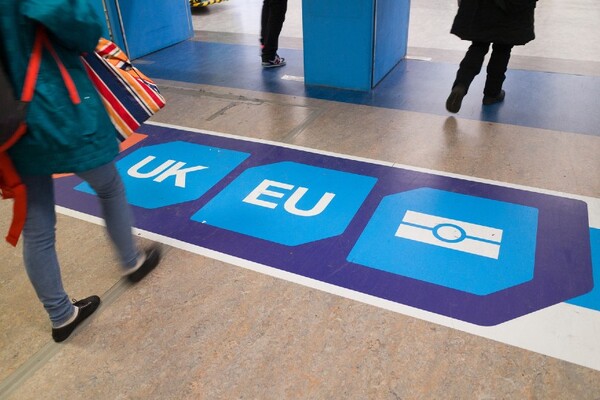Seven things that could shape agents' fortunes in 2024
 Gary Noakes
Gary NoakesAt the start of a new year, we assess some of the challenges that could come to bear on travel agents – and the industry as a whole.
New year, new challenges – 2024 looks like it will throw up a fair few issues and events that will keep the travel industry on its toes.
The economy, politics, legislation and a mainstream travel sector that has bet the bank on a good market will all affect agents’ business in 2024.
Here’s what to look out for, so you can be one step ahead.
As ever, we’d love to hear from you. You can leave a comment below with your thoughts, or drop us an email via feedback@ttgmedia.com. Alternatively, head to one of TTG’s social media channels.
The economy
Cost of living, interest rates and energy prices are key here, combined with exchange rates. The experts’ view is downbeat; following the Autumn Statement, consultancy RSM predicted: “We’re anticipating growth of just 0.5% in 2024, meaning yet another year of stagnation. The good news is that inflation is likely to fall to 2.5% by the second half of next year.
As a result, interest rates have almost certainly peaked at 5.25% and are likely to fall in the second half of the year, ending 2024 at 4.5%.” The Institute for Fiscal Studies also points to interest rates causing issues. It said: “We expect household consumption to stagnate through both 2024 and 2025.”
There is also potential uncertainty about sterling’s value, which will be impacted one way or another by the general election.
A general election
Speaking of that general election, prime minister Rishi Sunak must call it by 17 December 2024 at the very latest, exactly five years after parliament first sat following the 2019 vote. This would mean a poll on 28 January after the statutory six weeks of notice, although Sunak has seemingly ruled this out.
The Institute for Government says 10 of the last 11 elections have been in the spring, usually accompanying local polls in May. However, the Institute says this is also unlikely; Sunak will have been in office for just 18 months, his authority tested by by-elections and dissent over his Rwanda policy, and with inflation still relatively high, albeit falling.
An autumn poll is favourite, but if it is called when parliament returns from recess on 2 September, the date – 10 October – will clash with party conference season. Consequently, late November may be Sunak’s choice, after the US goes to the polls on 5 November.
Airfares
Flying in 2023 was expensive; airlines took advantage of strong post-pandemic demand while capacity remained tight, meaning rates were high. For 2024, the prediction is that fares won’t tumble, nor will they rise steeply. Amex GBT forecasts European fares will increase by only around 1%. On other routes, Amex believes rates will fall, with those from Europe to Asia down by 3.4% and to the Middle East by 2.8%.
Fares from Europe to South America are predicted to dip by more than 10% as capacity increases. Another factor is oil, which in early December fell to an 11-month low of around $70 a barrel. But Amex warned demand for travel could also fall: “Leisure travel is expected to slow down in specific areas as consumer preferences fall prey to high interest rates,” it concluded.
The battle for the mainstream market
With the pandemic gone, and the gap left by Thomas Cook filled, the big brands have signalled their 2024 plans, which they see as a growth market. Jet2holidays has added 857,000 seats to its Atol, hitting 6.7 million, while Tui has added 500,000 seats.
Meanwhile, easyJet holidays plans to sell an extra million packages – its flexible business model means it buys seats on flights scheduled and operated by its parent company, while Tui and Jet2 are more tied to in-house airlines.
In December, Tui Group chief executive Sebastian Ebel said the cost of living was not denting consumer confidence, predicting the next 12 months, “is as it is”, but admitted people at the market’s lower end “are probably not able to spend as much as before”.
Some expect 2024 to end in tears, others say operators needn’t market those extra licensed seats if forecasts are wrong.
Package travel rules and Atol reform
Despite Brexit, the UK still interprets the EU Package Travel Directive, but this is under consultation, with Abta and the Association of Atol Companies (AAC) submitting responses before Christmas.
The government suggests deregulating domestic holidays, setting a minimum package price for Atol protection to apply, and simplifying – or removing completely – Linked Travel Arrangements (LTAs). The AAC opposes plans to base protection on the price paid, but supports an end to LTAs. However, 2024 is an election year, so nothing may happen.
Atol reform is also bubbling away, with the thorny issue of the segregation of customer monies still to be resolved, although there is broad agreement on upping the CAA’s enforcement powers. Changes were originally proposed for April 2024, but an Atol spokesperson did not commit to this, saying only: “Further consultation and a final decision can be expected in 2024.”
Brexit barriers
The EU Exit/Entry System (EES) was due to be introduced in 2022, but is now likely in 2024. EES replaces passport stamping and requires UK nationals to provide a digital photograph and fingerprints.
Dover and the Eurotunnel terminals will implement EES because travellers go through EU border security on UK soil, unlike UK airports. EES checks for UK air travellers will take place on arrival in EU airports.
EES is different from the EU’s €7 US Esta-style online travel authorisation (Etias), which requires a digital photograph and personal data. In March, the House of Lords was told by then junior Home Office minister Lord Murray: “The European Commission intends that it [Etias] will be implemented some six months after the operationalisation of the EU Exit/Entry System.”
Lord Murray indicated 2025 was a more likely Etias introduction date, with the EU aiming for May 2025. In any case, expect queues at airports once it goes live.
The rise of the online travel agent
OTAs have really made their mark post-pandemic, despite refund issues that saw some rapped by the CAA. That seems forgotten now; in April, Loveholidays displaced On the Beach from third place in the Atol league after 10 years’ trading.
Loveholidays is now licensed for 2.68 million passengers, up from 1.37 million pre-pandemic. Behind it is Booking.com (2.39 million) and On the Beach (2 million). The latter is optimistic, after record £1.1 billion sales in 2023, saying: “Current trends and strategy give us confidence summer 2024 will be significantly ahead.”
On the Beach embraced the trade via its 2018 Classic Collection acquisition, but there seems little appetite or scope for another OTA to follow, although a long-haul trade specialist may prove a tempting opportunity.
Sign up for weekday travel news and analysis straight to your inbox

Gary Noakes
Supplier Directory
Find contacts for 260+ travel suppliers. Type name, company or destination.




















